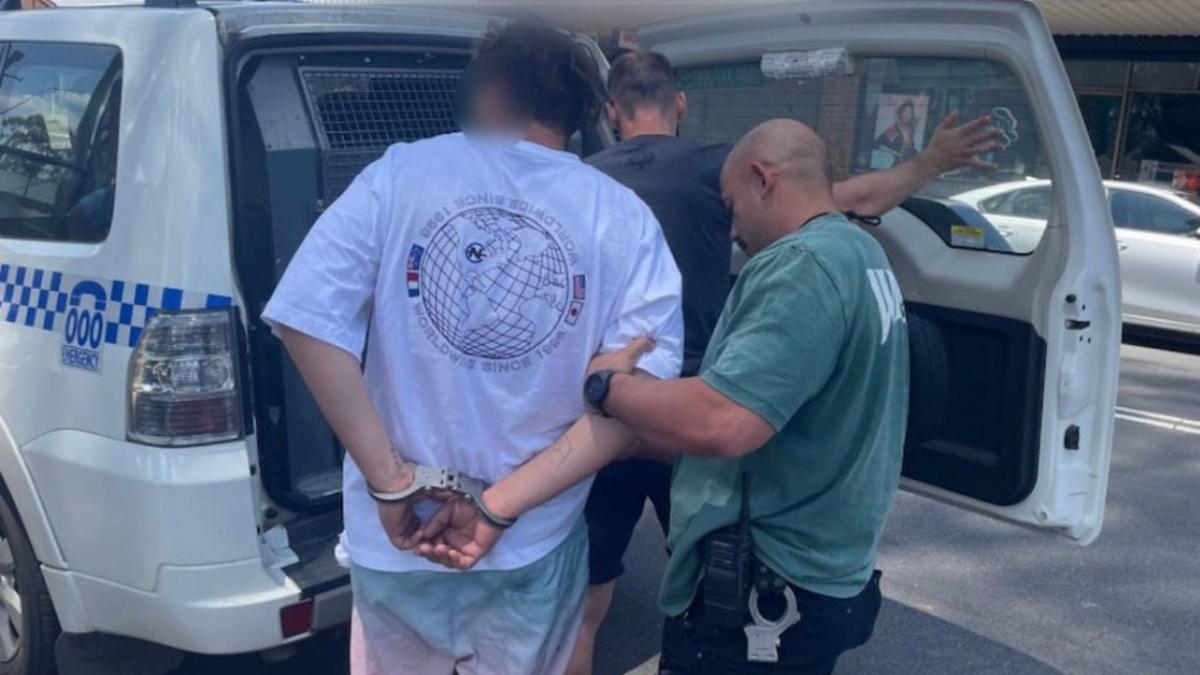
NSW Police arrested almost 650 “dangerous” domestic violence offenders across four days in a huge operation designed to prevent harm to victims.
The blitz saw more than 1,000 charges laid, including those of breaching AVOs, stalking and intimidation, and possessing prohibited weapons.
Some of the 49 weapons confiscated included axes, machetes and knuckle dusters. Cops also seized 19 firearms.
“We had grave concerns for victims so we targeted [the offenders],” Police Commissioner Karen Webb said, per ABC.
“Some of them have been hard to find … avoiding police … which is why we had this big concerted effort.
“The results speak for themselves. I’m very pleased.”
NSW Police Deputy Commissioner Mal Lanyon said the arrests would help avoid attacks on victims in the future.
“Research tells us that without appropriate police targeting, a person who has been charged with a strangulation or suffocation offence is likely to progress to homicide offending,” Lanyon said.
“When combined with our suite of strategies, Operation Amarok will significantly reduce the risk of harm to current and potential future victims.”
This issue is an interesting one because on the one hand, there’s much to be said about how women in this country are often murdered by men who have a history of violence. It’s common knowledge that men often get away with harming women with a slap on the wrist, because our justice system is not designed to protect victims.
But it’s exactly this last point that leaves me sceptical of just how much change we’ll see from these mass arrests.
While it might be reassuring to think that there are now less violent men out on the streets (I can imagine victims feel great relief at knowing their abusers are behind bars), it also raises questions on if policing and jail time actually prevent murders in the long run.
The number of people in jails across Australia has risen, yet so have domestic violence rates, which suggests otherwise. Plus, we know prisons don’t actually work in terms of rehabilitation — in fact, they actually make people more likely to reoffend.
There’s also the fact that arrests of women have increased drastically in recent years (Indigenous women make up a lot of these stats). The ABC reported in 2018 that 70 per cent of women behind bars are actually victims of domestic violence themselves.
It’s why there was so much backlash from womens’ rights activists when Queensland introduced its coercive control laws: if a system unfairly targets marginalised folk, especially Indigenous people and women who are actually victims, then is giving that system more punitive powers a good thing?
It’s complicated because on the one hand, maybe cops arresting a spate of offenders will prevent even one death, and that’ll make it worth it. On the other hand, does this initiative prevent abuse, or introduce a temporary delay before it can be acted on?
And then there’s the fact that cops themselves have a misogyny problem.
For any of this to work, be it arresting more domestic violence offenders or criminalising coercive control, there needs to be an active effort to actually dismantle the very ideas that allow domestic violence to take place in the first place.
There needs to be funding of victim support services, educational programs around mental health and acceptable ways of expressing negative emotions, and a real interrogation of what leads to and stops domestic violence from occurring.
Otherwise the moment abusers are free, their victims are in danger again.



